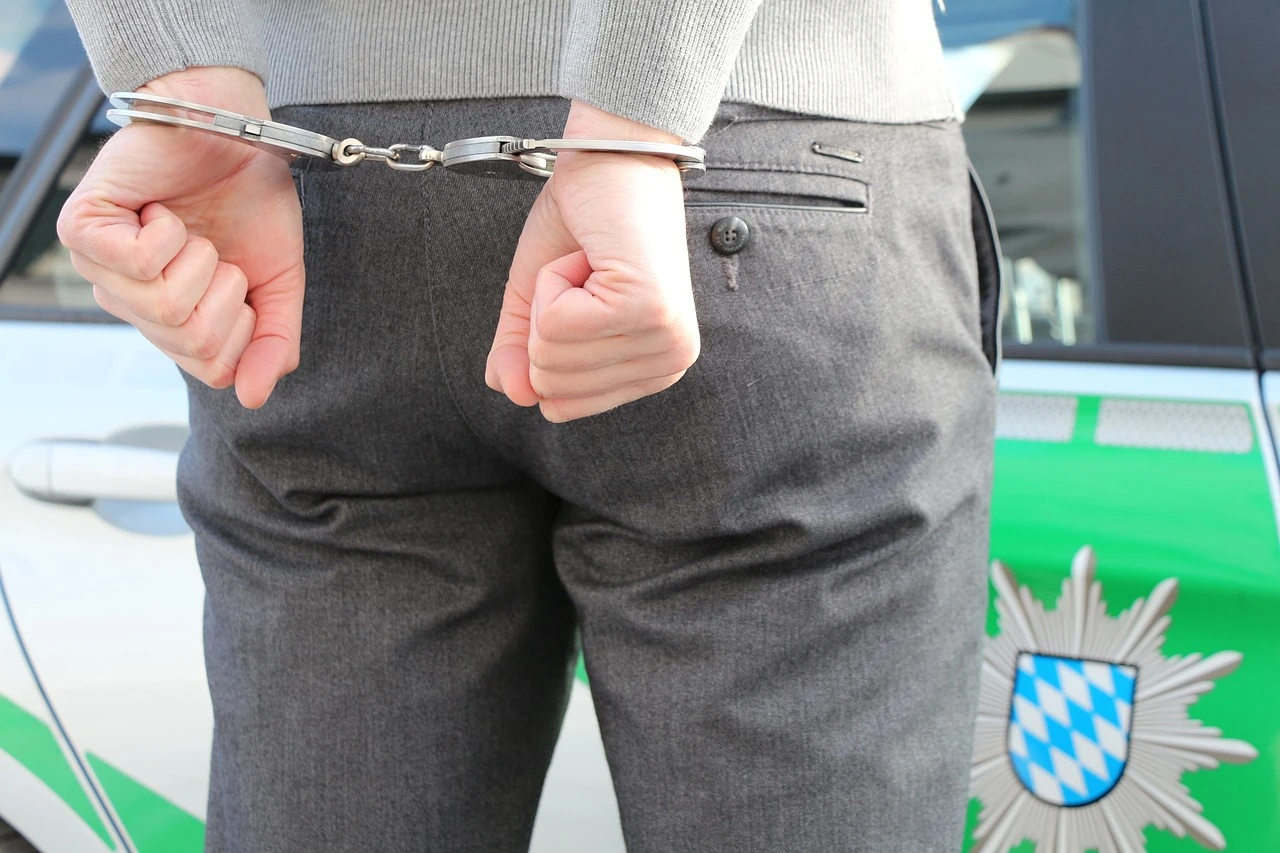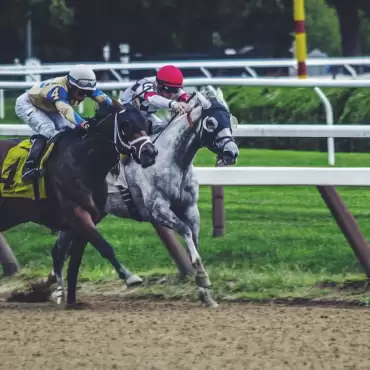The Spanish National Police has made a series of arrests in connection with the dismantling of an organised crime group suspected of fixing sports events and using technology to place bets ahead of bookmakers.
Some 23 arrests have been made through a joint effort with the Spanish Tax Agency, Europol and Interpol. This includes one of the group’s leaders subject of an Interpol Red Notice for persons wanted internationally for match-fixing activities.
The joint operation began in 2020 when Spanish officers identified suspicious online sports bets placed on international table tennis events. Further investigation uncovered a criminal network of Romanian and Bulgarian origin.
According to Interpol, the group fixed matches outside of Spain by corrupting athletes. Once outcomes were agreed, crime group members in Spain placed online bets on what Interpol described as a “massive” scale.
Criminals get ahead of bookmakers
Officers also discovered a criminal process whereby the group accessed match information in advance of bookmakers. This allows them to place bets with certainty and guarantee some form of winnings.
To do this, Interpol said the group gained access to live video signals from around the world, straight from stadiums, pitches and arenas. This meant they were ahead of bookmakers on slower satellite feeds and relays for the same events.
Impacted events included football’s 2022 Fifa World Cup, Uefa Nations League and German Bundesliga, as well as ATP and ITF tennis tournaments.
Despite collecting significant pay-outs, the group avoided detection by using a number of identities and accounts.
Interpol said among those arrested was a trader from a major bookmaker. The individual, who has not been named, collude with the group to validate their online bets.
Interpol praises wider effort match-fixing
To make the arrests, Interpol worked with various authorities and worked with members of the Interpol Match-Fixing Task Force (IMFTF).
Three Interpol notices were published during the effort: a Purple Notice warning member countries about the operation, a Blue Notice for information on the group’s leader and the Red Notice for their eventual arrest.
Some 47 bank accounts and 28 payment gateways were blocked across several countries. In addition, mobile phones, satellite dishes and signal receivers, cash and counterfeit banknotes, credit and debit cards, identification documents and prepaid SIM cards were seized.
“Organised crime groups will exploit the tiniest of gaps given the opportunity,” Interpol secretary-general Jürgen Stock said. “In this case, we’re talking about a 20- or 30-second advantage that led to significant gains.
“Successful operations such as the one led by Spain only reaffirm our engagement in ensuring our entire suite of Notices, databases and expert networks fully support police in closing these gaps.
Interpol added that further arrests are likely as officers work to identify more members of the group, as well as athletes who accepted bribes.





